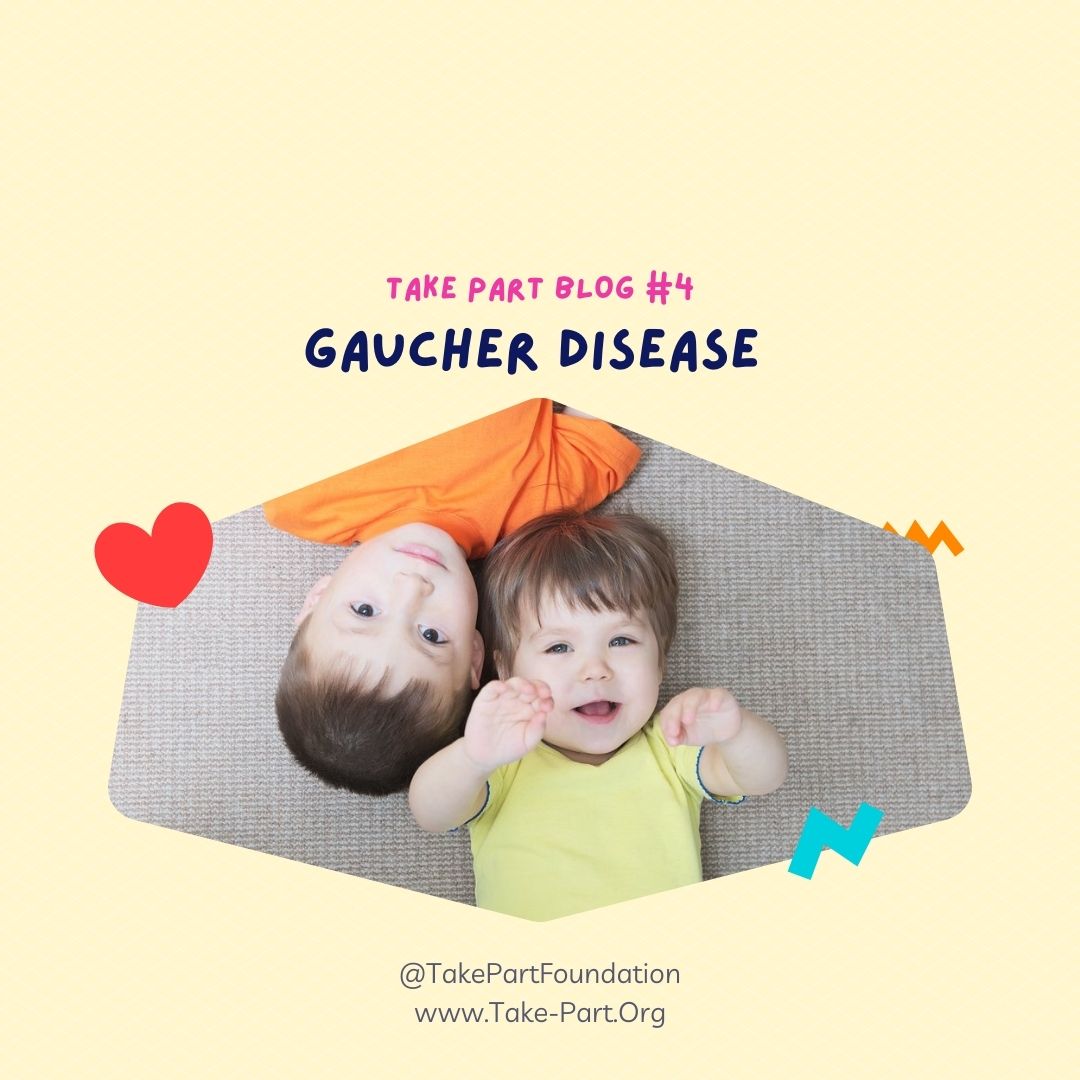- Home
- Blog #4 – Gaucher Disease

Blog #4 – Gaucher Disease
Gaucher Disease
If this is our first blog you are reading, we like to get some medical professionals to do some research so we can understand and help you (as a parent or a friend of a family) to better understand what it is and more importantly, what communities can you be a part of.
Enjoy the community, let us know how we can help. If you have a child with rare conditions, click here to create a warrior page.
If you just know someone we would love for you to follow what we are doing, engage in some of the crazy events that we do, and click here if you want to donate or help raise some awareness for these millions of families fighting for possible during this tiring fight.
Feel free to jump down to the medical description of this condition below but also, get in community to learn more. Please utilise the groups below if you have not already had access to a support system amongst your journey of understanding Gaucher Disease:
Websites you can use for support:
- https://www.gaucherdisease.org/about-gaucher-disease/resources/
- https://www.gauchercare.com/support
- https://gaucheralliance.org/home
- https://www.gaucher-institute.com/disease-management/patient-centric-disease-management/support-and-counselling-for-gaucher-disease
Facebook Groups you can use for support:
- https://www.facebook.com/groups/GaucherDiseaseGroup
- https://www.facebook.com/groups/gauchersdisease
- https://www.facebook.com/groups/gauchers23
- https://www.facebook.com/nationalgaucherfoundation
- https://www.facebook.com/Gaucher23Support
- https://www.facebook.com/gaucherdiseasenews
- https://www.facebook.com/GaucherCommunity
Medical Information about Gaucher Disease:
With so many confusing things out on the internet, we also want you to also remember that Take Part supports children like yours on a day to day basis! If you want people to know the TRUTH of what your child is going through, go ahead and create a warrior profile through our website. This can be used to raise awareness on social media, or simply just shared between friends and family for updates.
As a team, none of us ARE doctors; however we work with some amazing medical professionals that have given us more insight below. Please continue reading and use the information to navigate your own personal journey or share with anyone you may know may benefit.
Gaucher Disease is a rare genetic metabolic disorder which involves the deficiency of glucocerebrosidase enzyme which causes the accumulation of particular fats or lipids at harmful quantities. The most common among them is glycolipid glucocerebroside all over the body particularly within the liver or bone marrow. The disease in your child is caused by mutation in the GBA gene and is the most common kind of lysosomal storage disease. Your child might have one of the three types of Gaucher disease:
Type 1 Gaucher disease
It is also called as non-neuronopathic Gaucher disease because of not involving the central nervous system and is the most common type of Gaucher disease. This type would only affect your child’s spleen, bones, blood and liver.
Type 2 Gaucher disease
It may also be called “Acute Neuronopathic Gaucher Disease” because it involves neurological complications and occurs in infants and new-born babies. Glucocerebroside is accumulated in the brain abnormally and results in an enlarged spleen. Your child with this type of Gaucher disease would pass away within the first few years of life.
Type 3 Gaucher disease
It may also be called “Chronic Neuronopathic Gaucher disease.” This type occurs before the age of ten years and results in organs and bones deformities and neurological complications.
Symptoms
Your child with any one of the above-mentioned types of Gaucher disease might have following symptoms:
- Enlarged spleen or liver causing painful abdomen
- Bones weakness causing painful fractures
- Anaemia and fatigue together with bleeding and bruising difficulties
- Abnormal movement of eyes
- Muscles stiffness
- Swallowing problems and seizures
Diagnosis
You should consider a diagnosis for Gaucher disease if your child is suffering from unexplained anaemia and bruising with enlarged liver or spleen. However, the clinical evaluation confirms the diagnosis which involve:
- Enzyme assay test measuring the beta-glucose activity in leukocytes
- Genetic tests verifying the mutation in GBA gene
Treatment and management
There is no cure for Gaucher disease however treatment depends on what type of Gaucher disease does your child have. The available treatments involve
- Enzyme replacement therapy for type 1 and 3
- Substrate reduction therapy to reduce the glucocerebroside amount
- Surgery to remove spleen or parts of it
- Bone marrow transplant
- Blood transfusions in case of anaemia
Prognosis
If your child has type 1 Gaucher disease, then it can be managed leading to improved life with the help of treatments. With type 3, your child could live to their 20s or 30s. However, with type 2, the child could pass away within the first three years.
